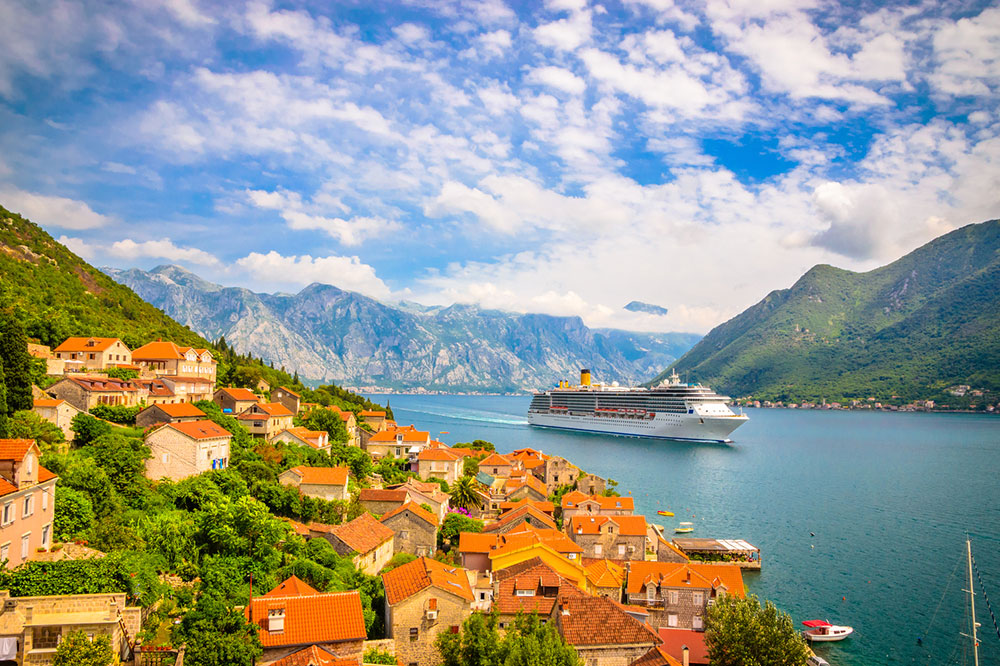10 things to avoid in the Mediterranean as a tourist

Exploring the world is always exciting! Whether it’s new cuisines you are looking forward to, visiting new places, or just lounging around at the beach. One way of making your trip abroad more enjoyable is by being prepared, right from choosing the correct time to travel or carrying extra cash. If you are planning a vacation to the gorgeous countries in the Mediterranean, here are ten things you should avoid:
Relying on your credit card
Credit cards offer convenience to users, but it is easier to get around with cash in the Mediterranean. For example, payments at hotels and big restaurants can easily be made using a credit card. Still, it is essential to carry some money when you visit smaller markets and local vendors.
Forgetting to pack layers
The weather can be a little unpredictable if you’re traveling in October. Ensure you carry light and warm sweaters to prepare you for everything nature has in store for you.
Visiting during the high season
Save money on your trip by planning your vacation during March, April, May, October, and November. Avoid traveling to the Mediterranean in July and August if you want to skip the crowds.
Not checking for labor strikes
Strikes are quite common in Mediterranean Europe. They can affect your travel if you don’t plan ahead. Ask your hotel about any labor or farmer strikes that may affect your trip so you are well prepared.
Taking photos of military installations
In some areas of the Mediterranean, like the Aegean islands in Greece, it is forbidden by law to take pictures of military facilities.
Not checking local shop hours
Many local shops in the Mediterranean are shut during the afternoons. Be aware of local shop hours, so you don’t run into any hassles during your market visits.
Throwing paper in the toilet
Many places in the Mediterranean are serviced by outdated sewage facilities, so to avoid clogging the drains, refrain from throwing paper towels and other items into the toilet.
Eating at fast food chains
There is a rich food history in the Mediterranean, and you can find a delicacy for every taste bud! Avoid eating at fast food restaurants and chains and opt for local cuisines.
Not following the dress code at church
The Mediterranean has numerous churches and monasteries with strict dress codes. These include long shorts or trousers for men, long skirts for women, and no swimming suits. Adhere to these dress codes to be respectful of local beliefs.
Touching artifacts in the museum
Unless mentioned otherwise, do not touch any artifacts at museums or historic sites. Most of these items will be stored behind glass cages with specific rules like no touching and no flash photography.
Conclusion
The Mediterranean is famous for its weather, cuisine, and culture. With an astounding amount of history recorded in the area, it is the perfect vacation spot. Therefore, avoid the above ten things when visiting the Mediterranean, and turn it into the holiday of your dreams.


